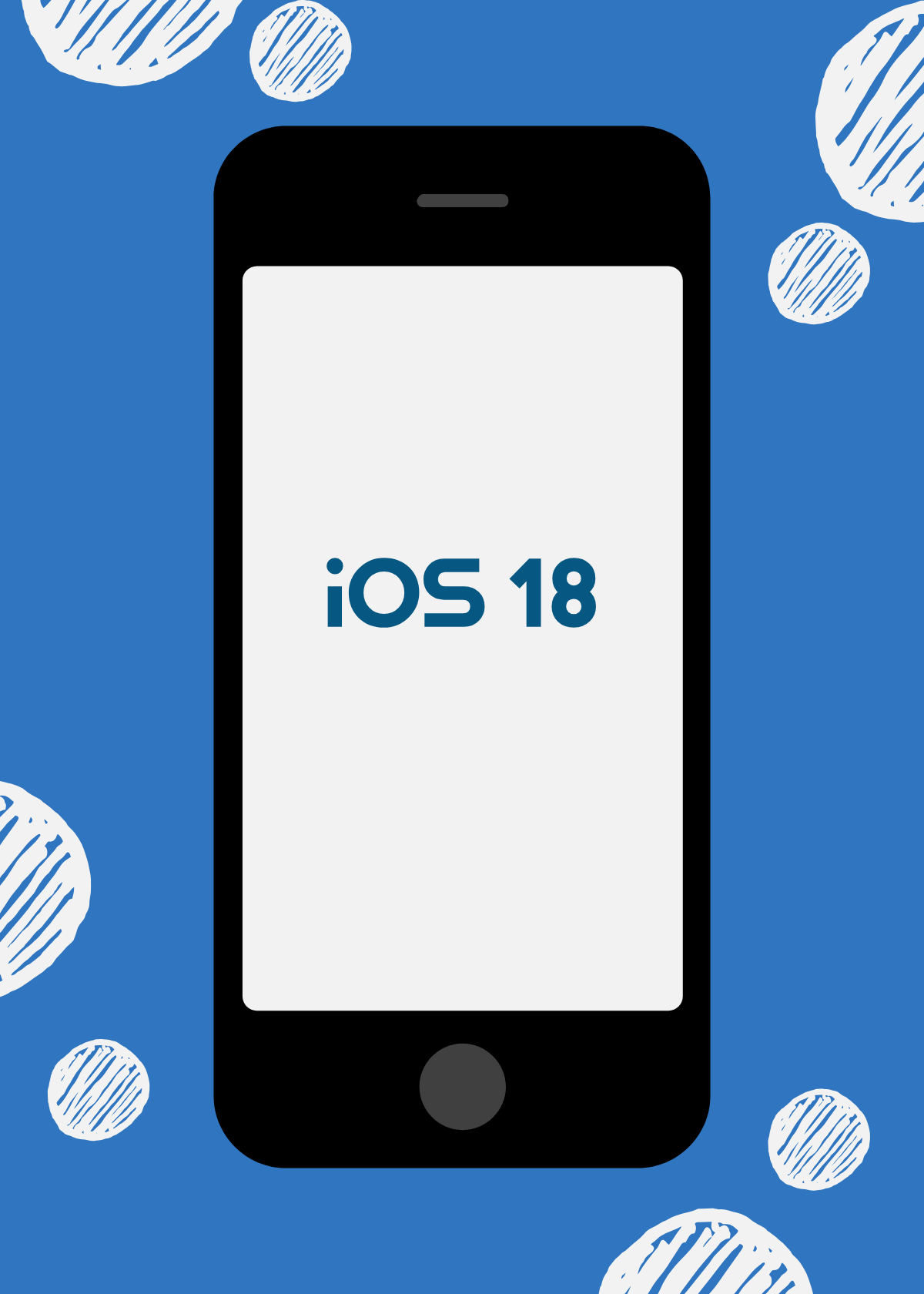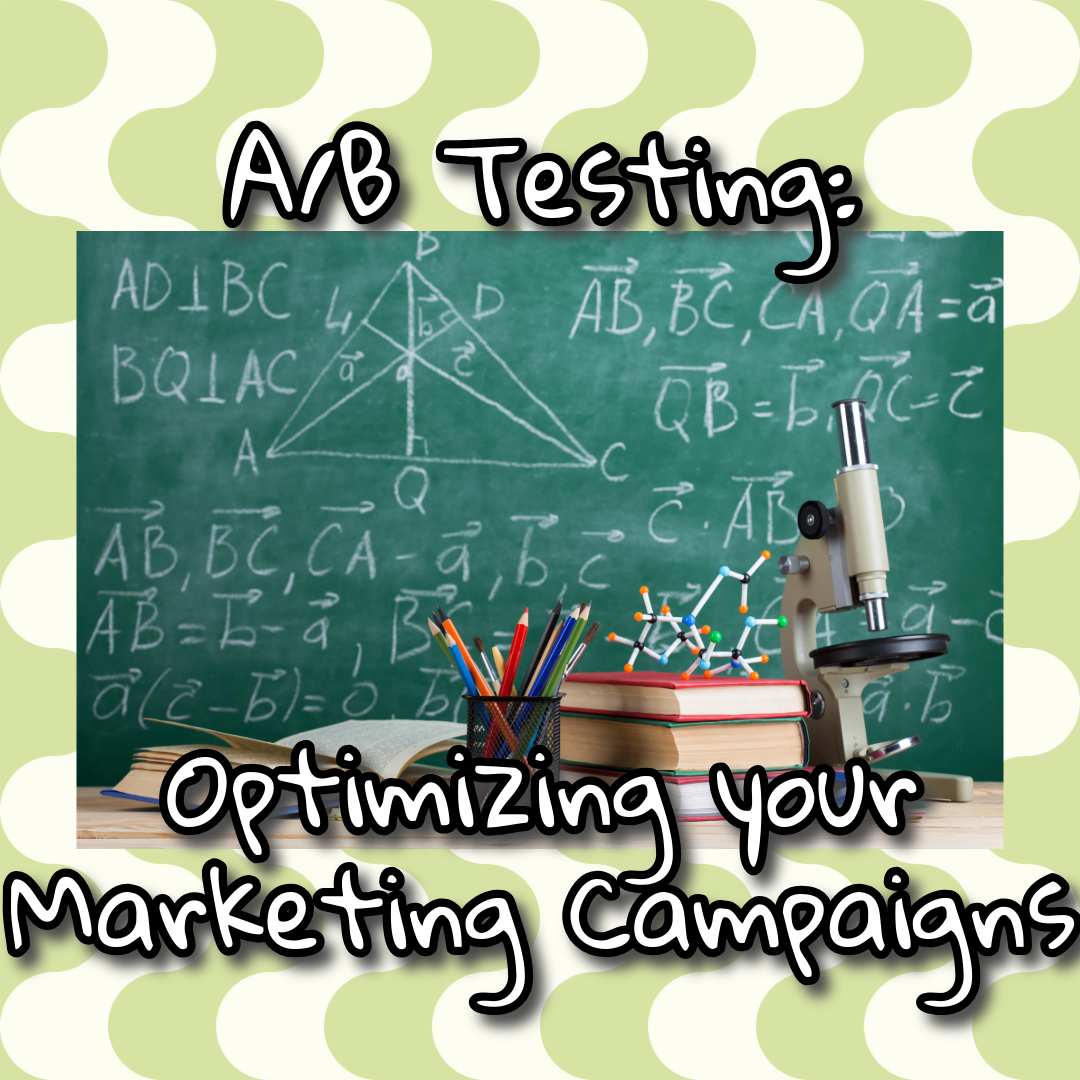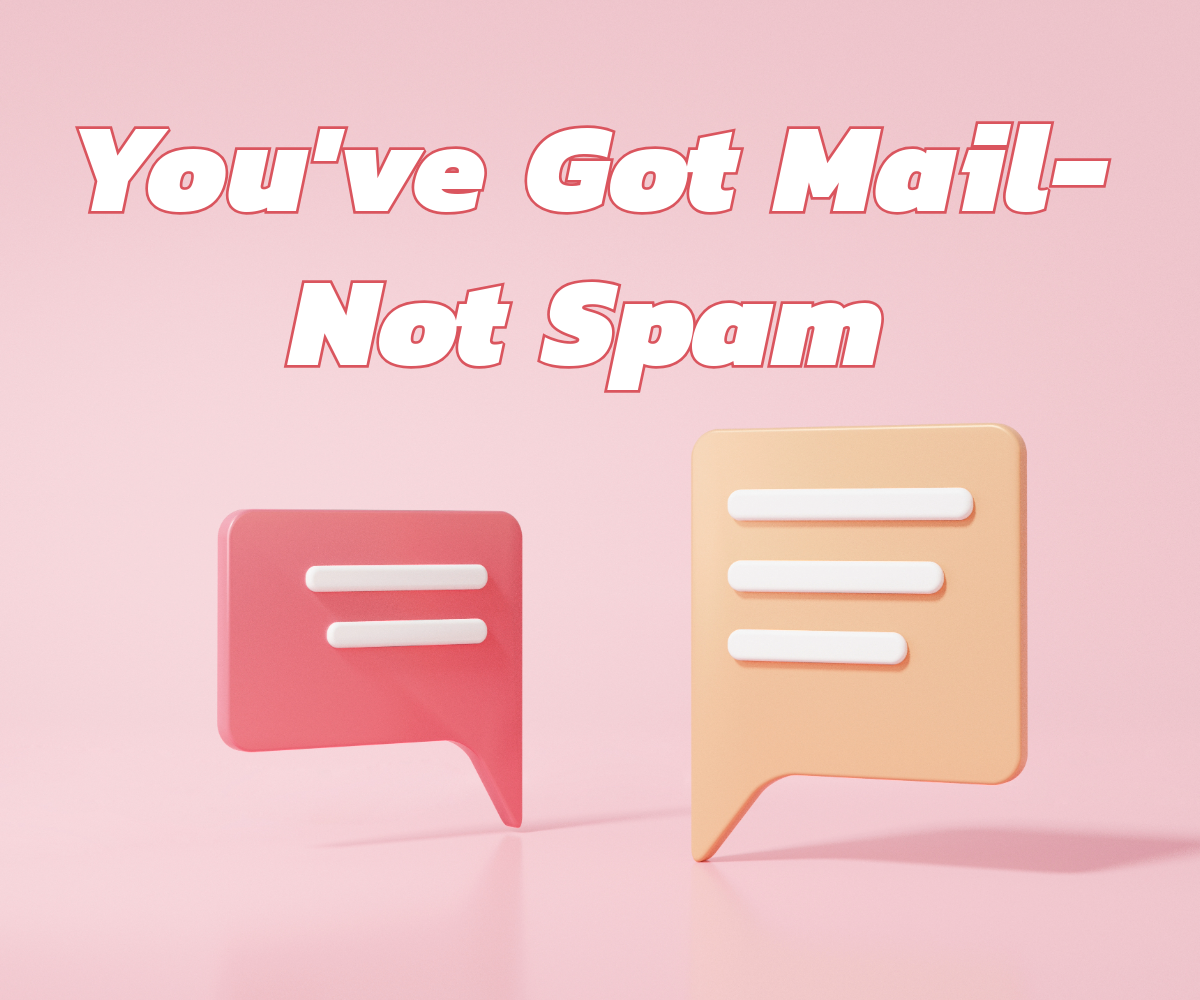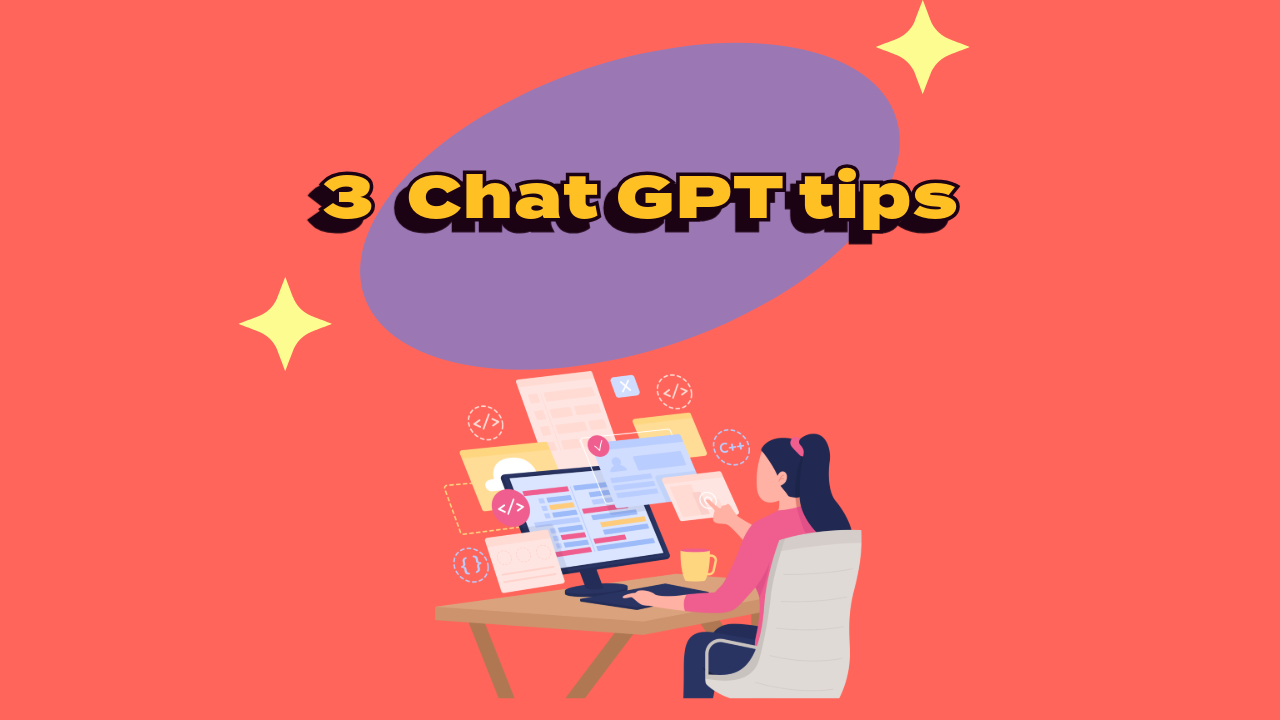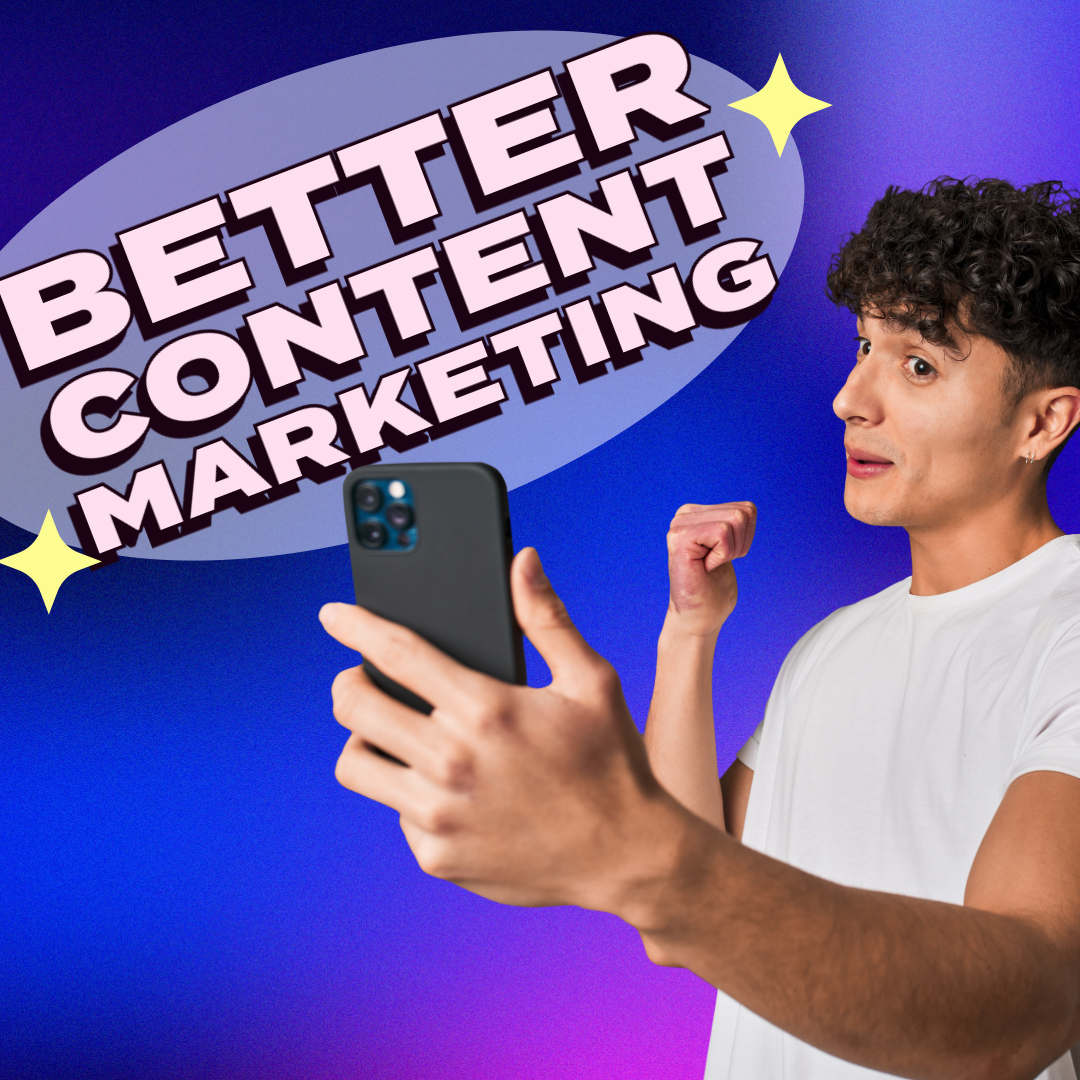AI for Everyone: Beginners Guide to Artificial Intelligence
Beginners Guide to Artificial Intelligence

What is AI?
Remember those line charts we all hated in middle school math? The whole y=mx+b thing? To jog your memory further, you probably also saw a chart that looked like the thumbnail.
Basically, what AI does is draw a line just like that through massive datasets.
When you and I put in a request, it breaks up our complicated language into simpler inputs called “tokens” which it uses to determine the best output based on its massive dataset.
You can think of an AI request and the x and b. Those are free to change, and you input them. Then, the AI determines which m is best, aka which line. Based on that input, it provides you, the user, with an output, which is y.
This is the most simple way to explain what AI does, but there are tons of different and more complicated versions such as neural networks.
Why Does AI Matter to Me?
Whether we like it or not, AI changes pretty much every industry. Why? Because it makes getting products and decisions easier.
Just like a human, the AI model can only make good decisions with the right information. As the datasets improve that train each AI model, we can only expect them to get better.
There’s a lot of speculation around whether AI will hurt workers or generally make life worse, but if you want my (not so humble) opinion, I think of AI as our generation’s iPhone.
It’s going to change how we go about everything, but ultimately we keep it around because it helps us live our lives closer to how we want to live them.
Everyday Applications of AI
You know those shamefully inedible cookies websites constantly ask you for permission for? That’s data collection. That data is used to advertise to you more effectively.
You can think about this two ways- “Wow, I’m being treated like a lab rat and they’re testing which cheese I’m more likely to buy” or “Yay, now I can see more products I like without having to look as long.”
But it’s not just about ads. AI is behind the recommendations you get on streaming services, the way your email filters out spam, and even in the smart thermostat adjusting your home's temperature. It’s making life more convenient, one algorithm at a time. But for some, that comes at the cost of data privacy, which is not a small concern.
First Steps in Using AI
So, how do you start using AI? First, understand that AI is a tool, not a magician. It works best when given clear, concise input. For instance, when using a voice assistant, being specific about your request yields better results.
Next, explore. Try using AI-powere features on your phone, like photo organization or predictive text. Notice how these features learn from your behavior to improve their suggestions.
AI for Personal Growth and Productivity
AI can be more than just convenient; it’s a powerful tool for personal development. Language learning apps use AI to customize lessons based on your progress. Fitness apps adapt workout plans to your performance and goals. Even productivity tools use AI to help you manage your time and tasks more efficiently.
The key is to find AI tools that align with your goals and integrate them into your routine.
Understanding AI Ethics and Privacy
There are many ethical implications and privacy concerns to be aware of surrounding AI. Any AI tool you use will have a privacy policy that is a worthwhile read.
It is always worthwhile to be mindful of the information you share and remember that not all AI is created with your best interests in mind.
Conclusion and Key Points
AI enhances our lives, and it will continue to get better at it. Ethical AI implementation always augments human intelligence, not replaces it. Don’t be afraid to dive in and explore your options with AI.
- Simplified Explanation of AI: AI is like drawing a line through a massive dataset, breaking down complex language into simpler inputs called "tokens" to provide the most relevant output based on these inputs.
- AI's Impact Across Industries: AI is transforming various industries by streamlining decision-making processes and improving product and service delivery, akin to the revolutionary impact of the iPhone.
- Everyday Use of AI: AI is already pervasive in daily life, from targeted advertising through data collection to practical applications like recommendation systems in streaming services, email spam filtering, and smart home devices.
- Getting Started with AI: Clear communication gets better results and feel free to explore AI features in common devices like smartphones.
How has AI impacted your daily life already?

